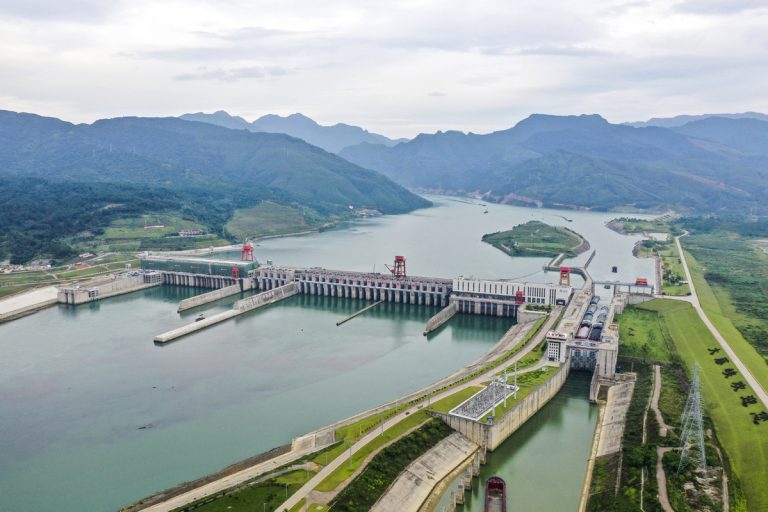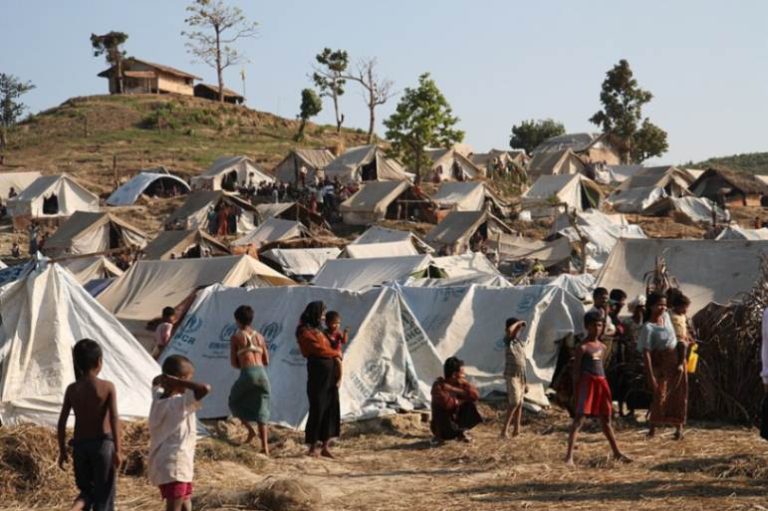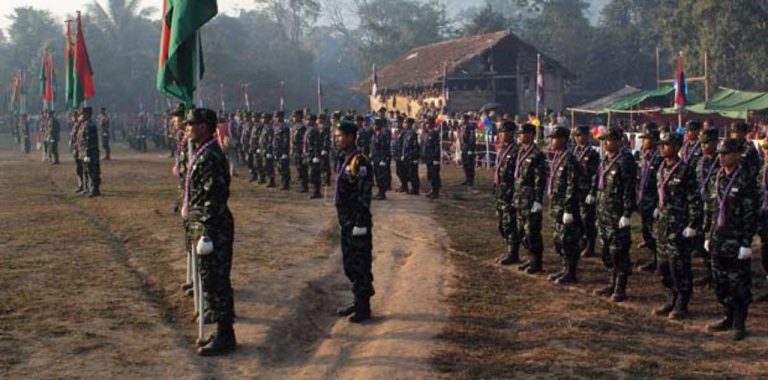
Photo by Jawad Zakariya, via Wikimedia Commons
Mr. Imran Khan, the former prime minister of Pakistan, has created an image of victimhood by accusing his political opponents and the military establishment of conspiring against him and his party. He has been using external pressure as a political weapon against his rivals, but his tactics have backfired and harmed his own country. By mobilizing his young and radicalized supporters to attack military installations and challenge the state authority, he has created a climate of chaos and violence that undermines the democratic process and the rule of law.
However, this image of victimhood has not helped Mr. Khan or Pakistan’s sovereignty. Instead, it has polarized the country and weakened its institutions. Mr. Khan’s critics argue that he was a puppet of the military when he came to power in 2018, with the help of media censorship, judicial manipulation and electoral engineering. They also accuse him of mismanaging the economy, failing to deliver on his promises of reform and accountability, and alienating Pakistan’s allies and neighbors. They say that Mr. Khan’s rhetoric of victimhood is a way of deflecting responsibility and inciting violence among his supporters.
Therefore, Mr. Khan’s image of victimhood has not served Pakistan’s sovereignty, but rather undermined it. It has created a sense of instability and uncertainty in the country, which has hampered its development and security. It has also damaged Pakistan’s reputation and credibility in the international arena, which has affected its relations and interests. Mr. Khan’s image of victimhood has been a self-defeating strategy that has isolated him and his party from the mainstream political process and the public opinion.
Khan was ousted from power last year in a parliamentary vote that he claims was rigged by the military establishment, which has long wielded influence over Pakistan’s politics. He has refused to accept the legitimacy of the government, the brother of his arch-enemy Nawaz Sharif, and has called for fresh elections. He has also accused the military of siding with India, Pakistan’s hostile neighbor, and of sabotaging Pakistan’s economic interests.
To pressure the state and rally his supporters, Khan has resorted to various forms of external pressure, such as staging mass protests, boycotting parliament, appealing to foreign powers and institutions, and threatening civil disobedience. He has also invoked religious sentiments and nationalist slogans to galvanize his base, which consists mainly of young urbanites who are disillusioned with the status quo and see Khan as a charismatic leader who can bring change.
However, Khan’s external pressure tactics have proven to be counterproductive and dangerous for Pakistan. Instead of forcing the state to concede to his demands, he has provoked a harsh crackdown from the authorities, who have arrested thousands of his aides and followers on charges of sedition, terrorism and vandalism. He has also alienated many of his allies and former supporters, who have either defected from his party or distanced themselves from his radical agenda.
Moreover, Khan’s external pressure tactics have damaged Pakistan’s image and interests at home and abroad. By challenging the military’s authority and credibility, he has weakened Pakistan’s security and stability in a volatile region where it faces threats from India, Afghanistan and militant groups. By inciting violence and unrest among his supporters, he has disrupted public order and normal life for millions of Pakistanis who are already suffering from high inflation, power shortages and a pandemic. By appealing to foreign powers and institutions, he has exposed Pakistan’s internal problems and vulnerabilities to external interference and manipulation.
Khan’s external pressure tactics have also backfired on his own political ambitions. By creating a mob mentality among his supporters, he has lost control over them and their actions. By resorting to violence and extremism, he has lost credibility and legitimacy as a democratic leader. By failing to offer a constructive alternative or a viable solution to Pakistan’s problems, he has lost relevance and appeal as a potential ruler.
Imran Khan’s external pressure tactics have been a disaster for Pakistan and for himself. Instead of advancing his political cause, he has endangered his country’s democracy and development. Instead of winning over his opponents, he has alienated them further. Instead of securing his future, he has jeopardized it.
Opinions expressed in this article are those of the author.




